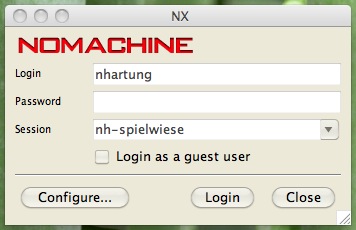


Several log file types can be useful for this kind of troubleshooting. Server log files can also offer admins the granularity and insight they need to perform effective troubleshooting.īecause log files record a range of activities and events, admins can dig into log files to obtain a complete “behind the scenes” view of what happened before and after a problem occurred. Servers constantly produce log files admins can check to view unprocessed data about relevant server activity-for example, you might check a web server to learn about site traffic. For instance, backup software produces logs that give you insight into the backup process. Any number of services may generate logs. Your systems and applications, including servers, automatically generate logs as events occur. What Are Server Logs and Why Do They Matter? Choosing a Logging Solution for Server Logs.What Are Server Logs and Why Do They Matter?.I suggest using an automated tool, like SolarWinds ® Log Analyzer (LA), to collect, analyze, and visualize your server logs, all in real time. Of course, knowing how to check server logs manually in raw form can be difficult, especially if you’re trying to pinpoint issues within hundreds or thousands of log lines. Server log files offer “behind the scenes” views into server activity, so you can get a line-by-line breakdown of what happened and when.

Wondering how to check logs from your servers, and why? Whether web servers, application servers, file servers, or another type, your servers constantly generate log files based on activities and events, and your ability to review these files is the key to fast, effective troubleshooting.


 0 kommentar(er)
0 kommentar(er)
